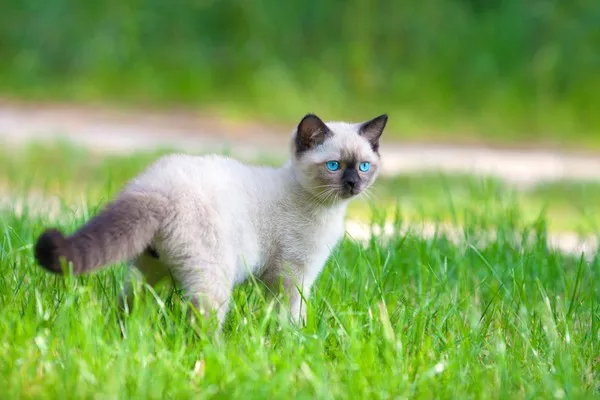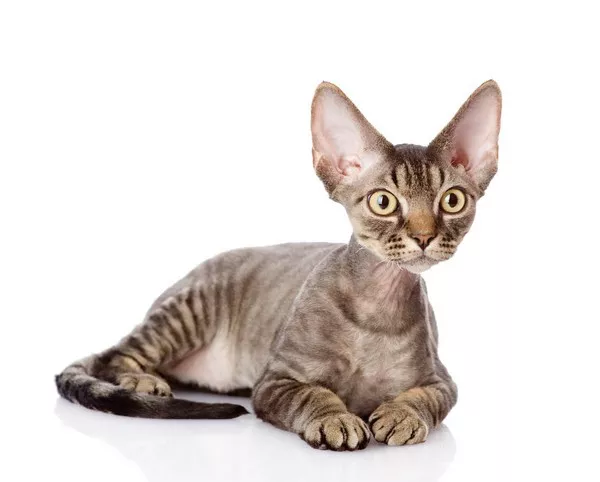The bond between humans and their feline companions is a special one, often leading us to wonder about the potential for shared experiences, even in matters of health. When you find yourself sniffling and sneezing with a cold, you might wonder, “Can my cat catch my cold?” In this article, we embark on an investigative journey to explore the intricate relationship between cats and the common cold. Through an examination of their immune systems, possible transmission routes, and expert insights, we aim to shed light on this intriguing question.
1. Comparative Immune Systems: Humans vs. Cats
The human body and the feline body have evolved separately, each with its unique set of defenses against illnesses. While we both experience cold-like symptoms, the viruses causing them are distinct. The common cold in humans is often triggered by rhinoviruses, whereas cats contend with their own set of viral adversaries. This difference is due to the intricate workings of our immune systems, making direct transmission of the human cold virus to cats improbable.
2. Transmission Possibilities: From Human to Cat
The transmission of illnesses between humans and cats is a topic of interest for pet owners. Although the human cold virus might not directly infect cats, the possibility of transmission cannot be dismissed entirely. Shared spaces and surfaces can act as intermediaries, carrying germs from one to the other. However, the likelihood of the actual virus causing cold symptoms in cats is minimal due to the aforementioned immune system differences.
3. Zoonotic Concerns: A Two-Way Street
The transmission of illnesses between humans and animals, known as zoonotic diseases, is a reality. While cats may not catch our colds, it’s essential to be cautious about other potential health concerns that could be passed between species. Responsible hygiene practices, such as washing hands and avoiding close contact when you’re unwell, can mitigate these risks.
4. Stress and Its Impact on Cats
It’s worth noting that the stress of a sick owner could affect a cat’s well-being. Cats are incredibly perceptive and attuned to their human companions. If you’re unwell, your cat might sense the change in your behavior, potentially leading to stress and anxiety. These emotional shifts can impact a cat’s immune system, making them more susceptible to their own set of illnesses.
5. Expert Insights and Veterinary Perspectives
Veterinarians and experts in the field have weighed in on this topic. Dr. Emily Swiniarski, a seasoned veterinarian, suggests that while direct transmission of the human cold virus to cats is unlikely, it’s wise to be mindful of our actions around our feline friends, especially when we’re unwell. She emphasizes that responsible pet ownership includes ensuring that our pets are comfortable and secure, regardless of our own health status.
6. Practical Measures for Pet Owners
If you’re unwell, consider implementing these practical measures to ensure your cat’s well-being:
Maintain a Hygienic Environment: Regularly clean and disinfect shared spaces and surfaces.
Offer Companionship: Spend quality time with your cat to alleviate any stress they might be experiencing due to your illness.
Consult a Veterinarian: If your cat shows any signs of illness, consult a veterinarian promptly for proper diagnosis and treatment.
7. Conclusion: A Holistic Approach
While the common cold might not be directly transferrable between humans and cats, it’s essential to take a holistic approach to pet care. Being mindful of hygiene practices and ensuring a stress-free environment for your cat contributes to their overall well-being. Your dedication to their comfort and health is a testament to the bond you share and the love you have for your feline companion.
As we delve into the fascinating world of interactions between humans and their pets, we uncover layers of complexity and interconnectedness. While we might not fully understand every nuance, our commitment to learning and providing the best for our furry friends drives us to be responsible and caring pet owners.



























